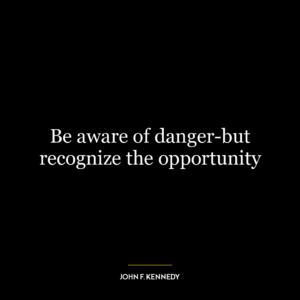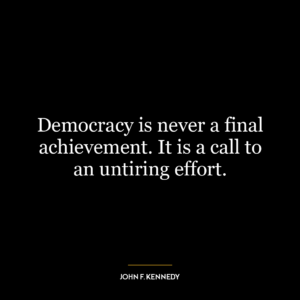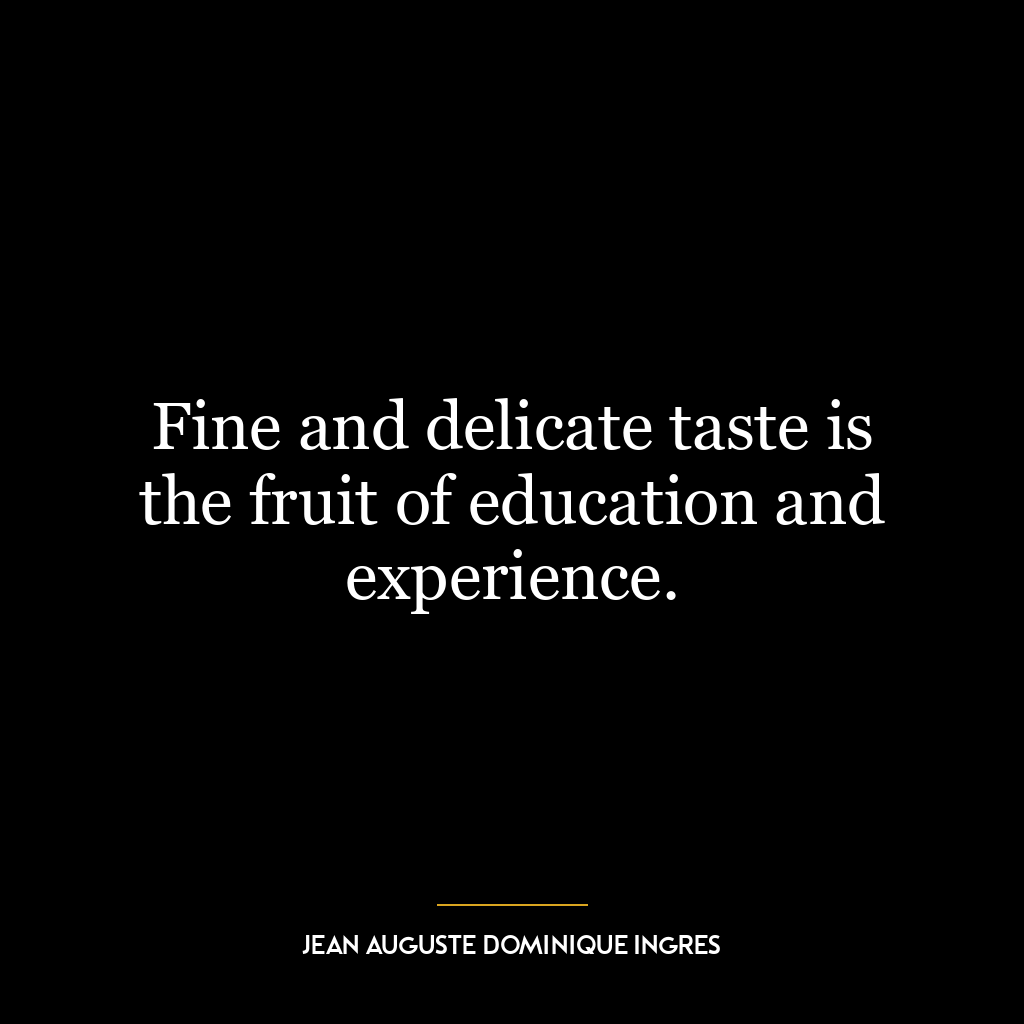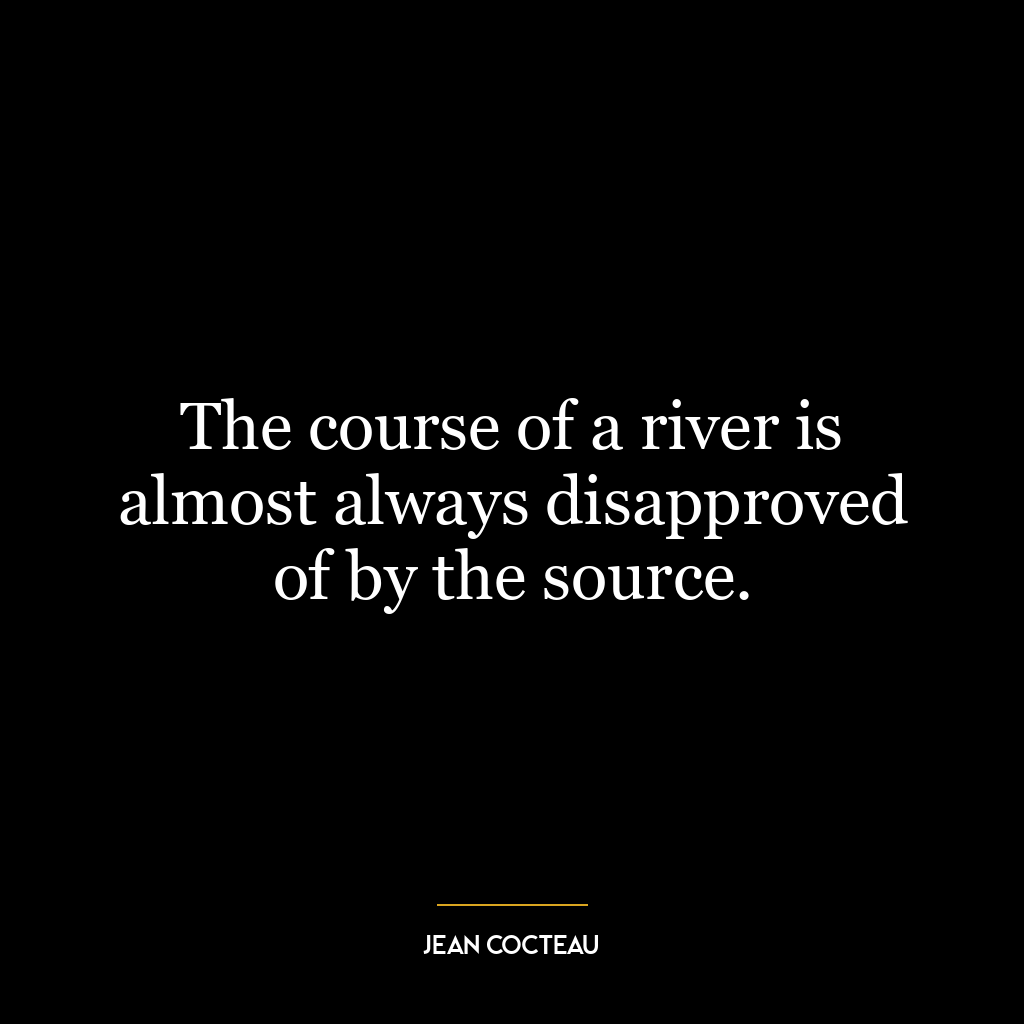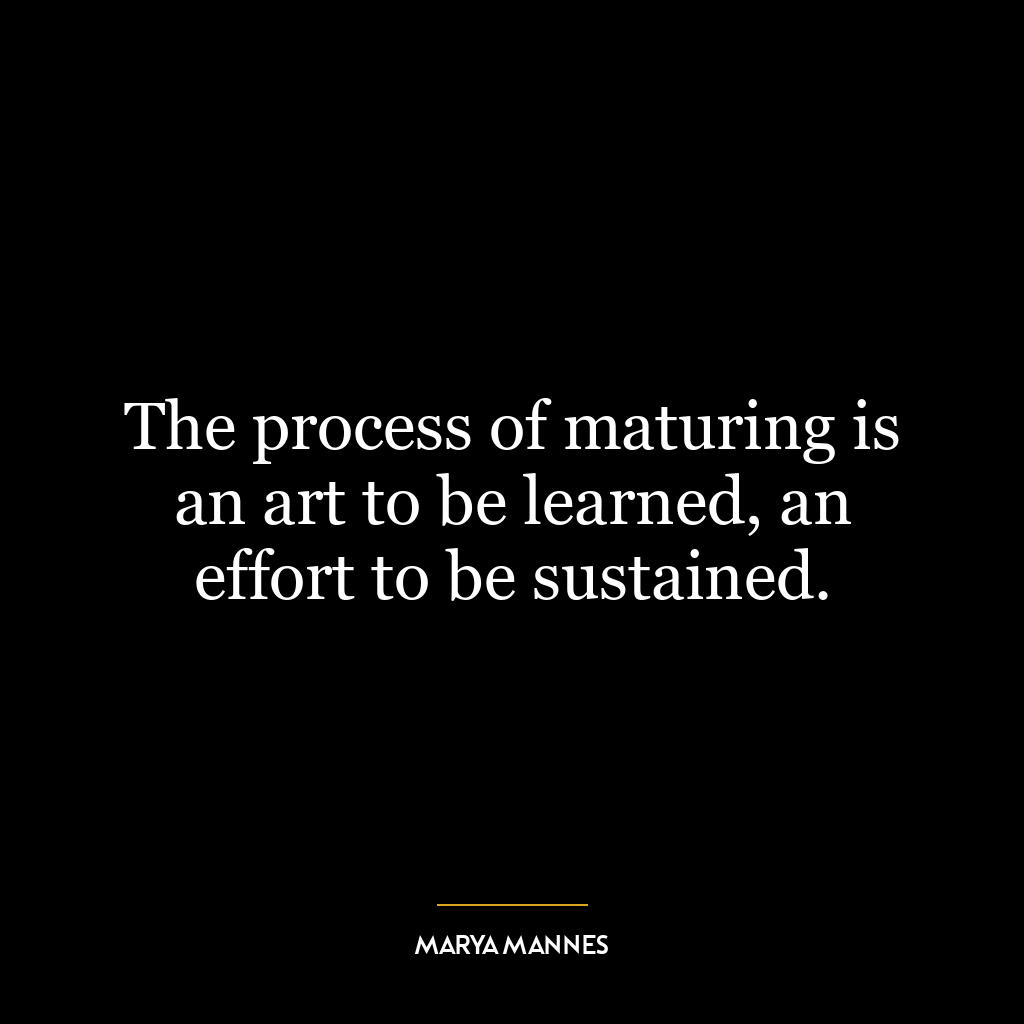Harvard gave me an education, but Junior Chamber gave me an education for life.
This quote highlights the distinction between academic education and practical, real-world education. While Harvard, representing academic institutions, provided Kennedy with formal education, the Junior Chamber, which is a leadership training and civic organization, gave him the practical skills and experiences that shaped his life. The quote suggests that while formal education is important, it is the practical, hands-on experiences that truly prepare us for life.
The “education for life” that Kennedy refers to is the learning that comes from experiences, challenges, and interactions with people and situations outside the confines of a classroom. This includes leadership skills, interpersonal skills, problem-solving abilities, and the capacity to handle real-world situations. These are skills that are not typically taught in a traditional academic setting but are crucial for personal and professional success.
In today’s world, this idea is more relevant than ever. With the rapid advancement of technology and the changing dynamics of the job market, the skills that are in demand are constantly evolving. While a formal education provides a solid foundation, continuous learning and development through practical experiences are crucial to stay relevant and competitive.
In terms of personal development, this quote emphasizes the importance of stepping out of one’s comfort zone and seeking opportunities for growth and learning. This could be through volunteering, internships, part-time jobs, or simply taking on new challenges in one’s personal life. These experiences not only provide practical skills but also help in character building and personal growth.
In conclusion, the quote underlines the importance of balancing academic knowledge with real-world experiences and skills. It suggests that the most valuable education is one that prepares us for life, not just for passing exams or earning degrees.



